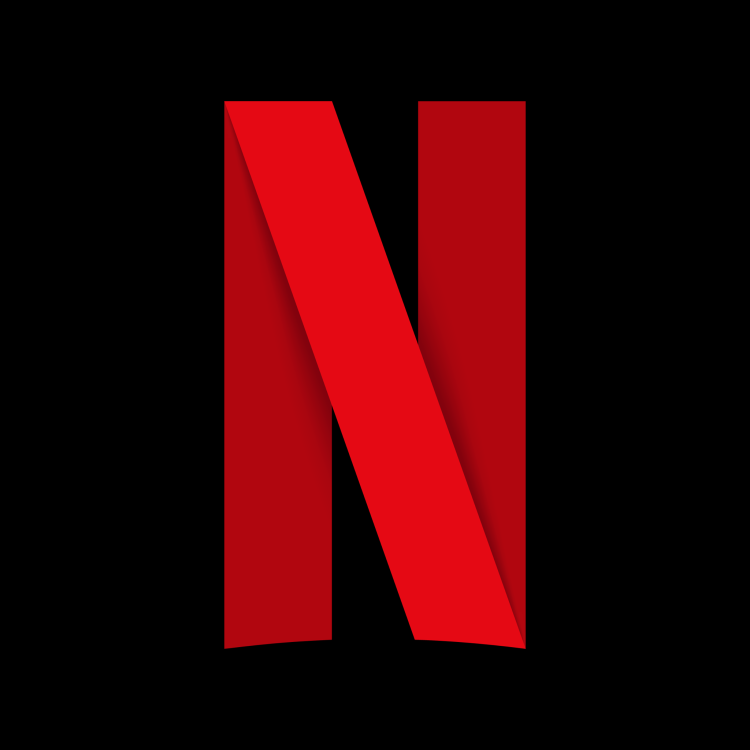As the Cannes Film Festival approaches next month, the buzz in France is all about the filmmaker that is not a filmmaker.
The festival selected two Netflix original productions to be shown at the international event: South Korea’s Okja, starring Tilda Swinton and Jake Gyllenhaal; and American indie film The Meyerowitz Stories, starring Ben Stiller and Adam Sandler.
Writing in Le Monde (“Netflix crowds the red carpet and the world of cinema is turned upside down”), the newspaper’s cultural columnist imagines one of the films winning a major prize and being wildly applauded and at the same time jeered by those worried about Netflix’s impact on movie theaters. Indeed, the Federation of French Cinemas has protested the films’ inclusion, arguing they are not really cinematic works if they aren’t shown in a cinema and accusing Netflix of possibly violating the country’s rules surrounding release of films.
This week, rumors have emerged that Netflix may arrange a cinematic release for the contenders. But while the dust-up carries some symbolic weight in film-loving France, for Netflix — in terms of its business — the controversy isn’t even a pimple.
June 5th: The AI Audit in NYC
Join us next week in NYC to engage with top executive leaders, delving into strategies for auditing AI models to ensure fairness, optimal performance, and ethical compliance across diverse organizations. Secure your attendance for this exclusive invite-only event.
When it comes to original content and streaming video, Netflix has pretty much conquered the world.
That sense of inevitability carried its stock price to a new record this week, closing Thursday at $153.68 per share, for a $65 billion market cap. The stock has more than doubled in the past year, even as the company occasionally misses projections on subscriber growth.
Netflix remains one of Silicon Valley’s more remarkable success stories. Having started with mail-order DVDs in the U.S., it then pivoted to video streaming. Now it has pulled off the reinvention trick a second time by turning into a juggernaut of original content production.
It’s this latest twist that has made the French film houses nervous. And they are not alone. In a recent feature in the Wall Street Journal (“Netflix: The Monster That’s Eating Hollywood”), the newspaper discussed concerns that the huge investment in original content, which includes 70 new releases this year, is driving up costs and competition for production. That pace already makes Netflix one of the largest, if not THE largest source of TV shows and films on the planet.
Just as bad: For the last several years, Netflix has been a place where viewers can discover shows like Breaking Bad or The Walking Dead and catch up if they missed the first few seasons. But the company’s service is more and more saturated with its own original content, and even if it says it doesn’t promote its shows over others’, that’s still going to make it harder for viewers to find shows not made in-house.
Even worse: Netflix is not standing still. The company announced this month that it has raised another $1 billion in debt, in large part to fund even more content. And it also revealed that it has reached a deal to license its content to Baidu’s iQiyi in China, the lone major market that has eluded its grasp.
Try as they might to keep up, HBO and Amazon Video may be too late, and too far behind. Netflix is king of the world. And it may be wearing that crown for many years to come.

